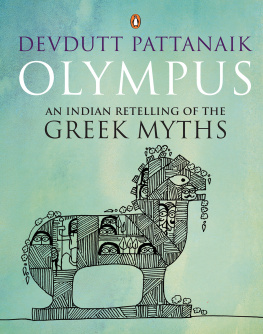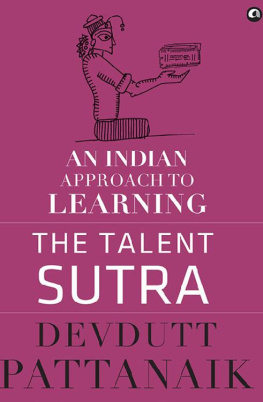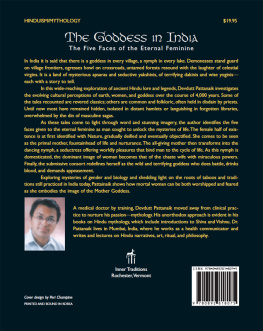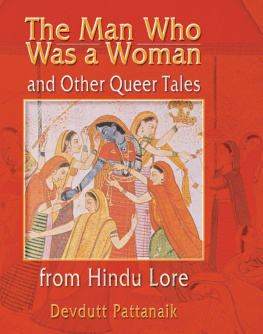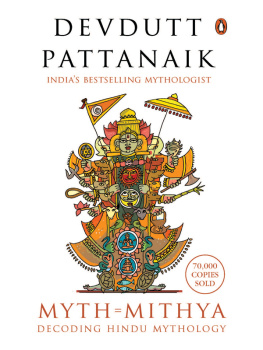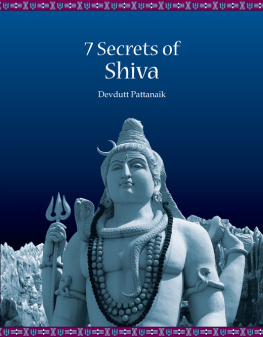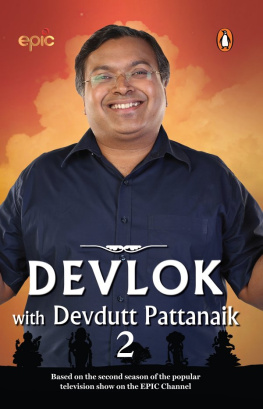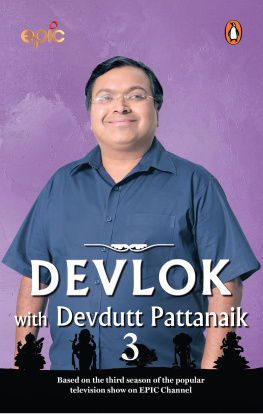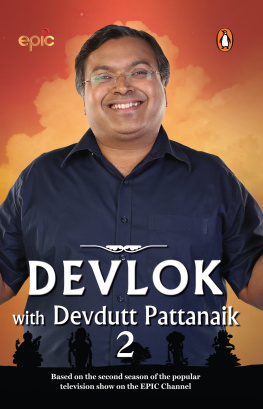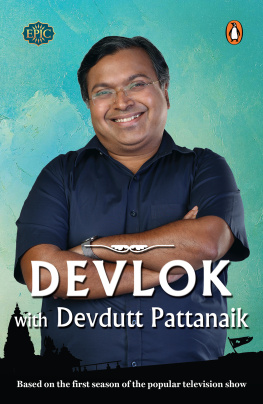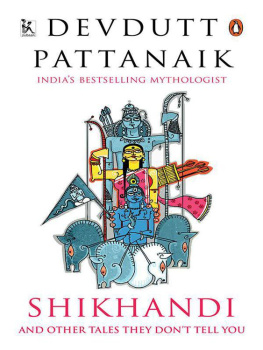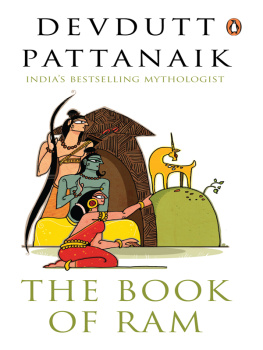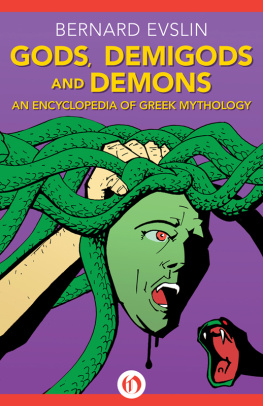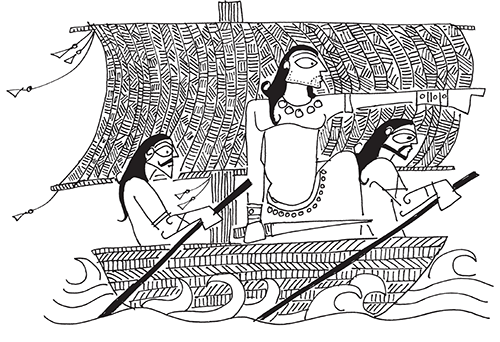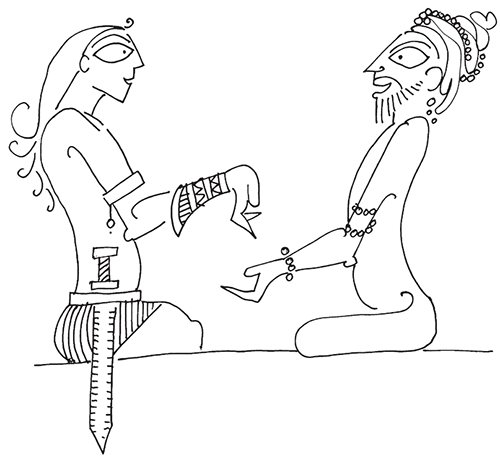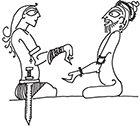Prologue
The Greek Conquest
The soldiers refused to march forward. They had conquered Anatolia, Mesopotamia, Levant, Egypt, Persia and Gandhara, and were now camped on the banks of the River Indus. They were tired. They wanted to turn back before the lands they had captured devoured them.
The adventure had consumed Alexander, anyway, hadnt it? He was no longer the young Greek lad who had set out on his conquest. Now, painted in Eastern colours, wearing Eastern robes, he seemed no different from the distant, imperious God-king of Persia, surrounded by fawning courtiers. No, they would not indulge his madness any more. Enough had been done to earn him a place on Olympus. It was time to go home.
Word of these rumblings reached Alexander. That naked man is to blame! his spies revealed. He sits on a rock staring at the sky and stars, doing nothing all day and all night. And when approached he asks questions. He has poisoned the soldiers minds with strange ideas.
Alexanders teacher, Aristotle, had told him of such men who roamed in marketplaces and questioned people, compelling them to reflect on life and their assumptions. Aristotles teacher, Plato, had been a student of one such man Socrates. Such men were dangerous. They threatened the social order. They were often killed. As Socrates was.
Alexander decided to investigate. He did not fear such men. He respected them. How can one man disarm an entire army, turn them away from dreams of glory, he wondered.
What is his name? he enquired.
The spies said, Unlike you, King, who became great by acquiring land, this man, and others like him, have become great by giving up everything, their lands, crowns, families, horses, cows, jewels, weapons, and even their names.
A few days later, before dawn, without informing anyone, Alexander slipped out of his tent dressed as a commoner, and went to visit this strange person he had heard so much of. He found the man on the riverbank, naked, atop a rock, staring at the sky and the stars. He looked no older than the Greek king. But was he wise? Only that would make him a gymnosophist, a naked wise man, one of the many who wandered alone in the forests of India, about whom much was said across Gandhara and Persia. Legend had it that they could walk on water and float on air.
What are you doing? asked Alexander, hoping the man was familiar with his language.
Experiencing nothingness, said the gymnosophist, in a tongue that Alexander could understand. Alexander was impressed.
And you? What are you doing? asked the gymnosophist.
Conquering the world, replied Alexander.
Why?
To be great. To be remembered for eternity. To earn a place with the gods on Mount Olympus.
What is Mount Olympus? asked the gymnosophist, leaning forward, his eyes sparkling with curiosity. He loved stories.
Monsoon clouds hovered above. In the distance, one could hear the trumpeting of an elephant. The sky was red, waiting for the sun. A peacock quivered in excitement. An Upanishad was about to happen between a warrior and a sage.
The battle-scarred conqueror of the world, with golden hair, transformed into a storyteller and retold tales he had heard long ago from his mother and father, servants, slaves, soldiers and tutors.
- Jain mythology speaks of three kinds of great men: the Vasudevas (heroes), the Chakravartis (kings) and the Tirthankaras (sages). Alexander mirrors a violent Vasudeva, who aspires to be a Chakravarti, a universal emperor who controls the world with his rules. The gymnosophist mirrors, or aspires to be, a Tirthankara, the sage who sees the world for what it is, in its entirety, without the desire to control it.
- Although there is little doubt that Alexander interacted with philosophers wherever he went, including India, the content of those conversations could be a later invention. Were they Jain sages, Buddhist monks, Hindu yogis? We will never know, and can only speculate.
- In India, Alexander the Great (or his representative Onesicritus) had an interview with local sages including one Dandamis (Danda-pani?), who lived near Taxila. A sage called Calanus (Kalyana?), a student of Dandamis, followed the conqueror to the West, where he died. The story of the interview and of Calanuss death are described in several sources, such as the Anabasis of Alexander by the Greek author Arrian of Nicomedia.
- Greek and later Roman writings describe Indian sages or gymnosophists mostly as naked and living without possessions in the forest. This leads one to conclude that they were probably shramanas or forest ascetics who gave up household life and spent all their time meditating, contemplating, and trying to overcome desires. Dandamis and Calanus could have been Vedic tapasvins, yogis, siddhas, or Jain munis or even Buddhist bhikkus.
- Porphyrus, a Roman scholar who wrote five centuries after Alexander, classified gymnosophists into two categories: the Brachmanes (brahmins?), who received knowledge from a divine source and whose leaders were appointed by other leaders, and the Shamaneans (shramanas?) who elected leaders and strove for knowledge.
- Nothingness or shunya is a key concept in Buddhist thought, just as infinity or ananta is a key concept in Hindu thought. From these philosophical ideas emerged the concept of zero and infinity that reached Europe by the tenth century via Arab culture. It led to a flowering of the subject we now call calculus.
Book One
Zeus
Mount Olympus, began Alexander, is where the earth touches the sky. There sits Zeus, my father, king of the gods, who rides eagles, hurls thunderbolts, and holds aloft a pair of scales to ensure there is always balance and justice in the world.
Uranus
In the beginning there was chaos: a gaping void full of darkness.
Then came Gaia, the goddess, who is earth and the arena of life.
Out of Gaia came Uranus, the starry sky. He became her lover and lay above her, clinging firmly to her.
Together Gaia and Uranus produced many children.
But they were all hideous and malformed: the Hecantonchires who had a hundred hands, and the Cyclopes who had only one eye. Uranus would not let them out of Gaias womb as they disgusted him. Then he fathered the beautiful Titans, twelve in number, but they made him insecure. And so he clung to Gaia even more firmly, refusing to let any child leave the mothers womb.
An exasperated Gaia gave the Titans a knife of flint and told them to castrate their father. None dared, except Cronus. He cut off his fathers genitals, slipped out of his mothers womb, causing the sky and the earth to separate, and then cast his fathers genitals into the sea.

